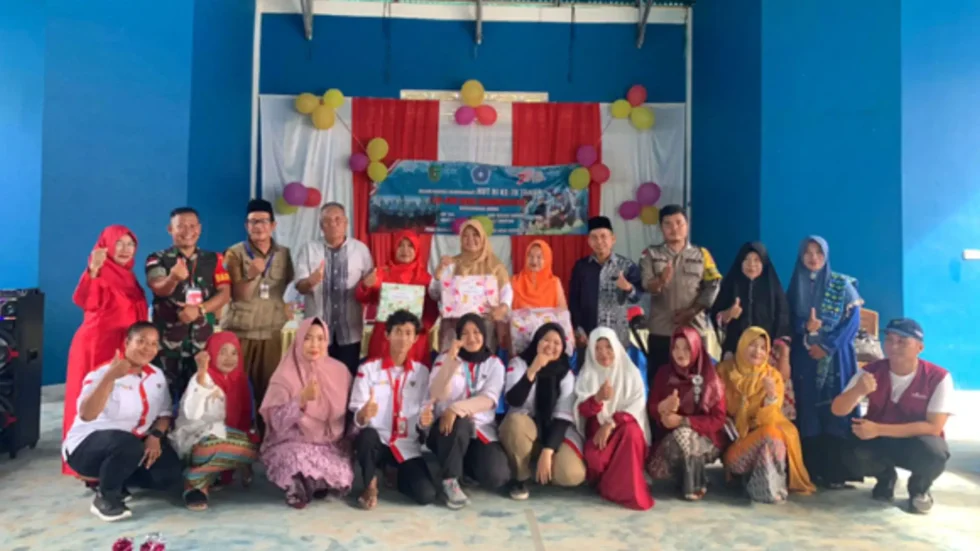Agromedicine – For some students, the KKN (Real Work Lecture) program may be viewed as just another academic requirement to fulfill before graduation. However, this is not the perspective held by Jihan Tahira, a student from the Faculty of Medicine at the University of Jember. Currently in her final year of Medical Education, Jihan feels a strong calling to contribute to her community, even amidst her busy academic life. Jihan has actively enrolled in two community service programs simultaneously: the Village Student Service Program by the Institute for Research and Community Service (LP2M) at Jember University (Promahadesa), and the National KKN (Real Work Lecture) organized by higher education institutions.
For approximately four months, Jihan participated in both programs, alongside students from various faculties. In the Promahadesa program, she was based in Sukojember Village, where she primarily engaged in activities focused on study groups, pregnant women’s groups, and mothers with toddlers. Her activities revolved around providing counseling on Clean and Healthy Lifestyle (PHBS) and reproductive health. As a student from the health faculty, Jihan worked directly with these community groups, hoping to gradually instill healthier habits among the local residents.
Simultaneously, in the KKN Kebangsaan program, after fulfilling administrative requirements and passing a nationality test, the Institute for Research and Community Service (LP2M) deployed Jihan to Karimunting Village, Sungai Raya Islands District, Bengkayang Regency, West Kalimantan. Conducting her KKN outside of Java was a motivating experience for Jihan, who had longed to understand the way of life on the island of Kalimantan. In Karimunting Village, Jihan, along with two fellow students from Andalas University and UPN Veteran Jakarta, introduced an innovative competition program for complementary feeding (MP-ASI) with the goal of encouraging mothers with infants and toddlers to better understand the correct practices for providing complementary foods based on a child’s age. This program aimed to address the issue of stunting, which remains prevalent in the region. The winning MPASI menu that emerged from this initiative was rice porridge with processed fish-tofu dumplings.
Jihan’s aspiration is that the community service she has undertaken in these two locations over a span of four months will bring tangible benefits to the community, particularly by promoting clean and healthy living behaviors and thereby improving public health. As a result of these programs, media products have been developed to disseminate information on PHBS and reproductive health, receiving copyright/IPR certificates.
Author: Sheilla Rahmania

